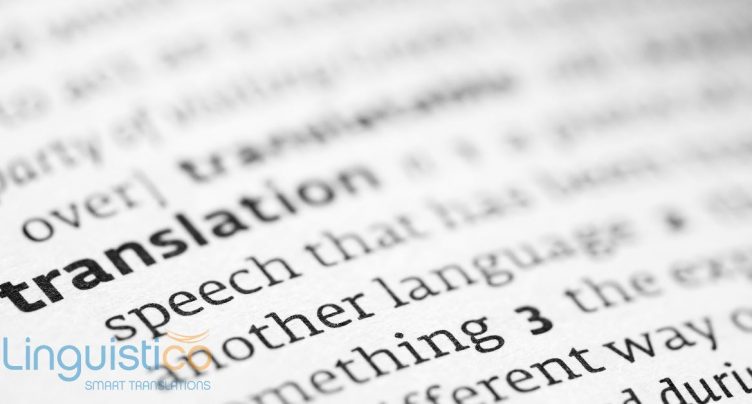What is NAATI and do I need it?

What Does NAATI Translation Mean?
NAATI is the National Accreditation Authority for Translators and Interpreters. It is jointly owned by the nine governments of Australia and was set up in order to give some assurance of translation quality by means of examination and subsequent certification of translators and interpreters. Given that over 300 languages are spoken by communities across Australia, it is a lifeline in communities where little English is spoken, particularly when issues of access to justice and healthcare are considered.
In addition, in many commercial and legal environments in Australia, including proceedings before the Australian courts, using a NAATI-certified translator is compulsory or strongly advised by the relevant bodies.
This often leads to a problem when translations of any complexity or specialism are required. The vast majority of NAATI Certified Translators, while achieving an acceptable standard of certification and being good translators, work across multiple sectors: immigration, healthcare, education, local government. Very few are legally-qualified and very few have completed millions of words working on cross-border insolvency matters, for example. The reality is that documents translated for proceedings before the courts could be completed by someone without the practical experience or extensive knowledge needed to truly understand what it is that they are translating.
Many lawyers working in Australia will be familiar with the opposite situation at their firm. An email is circulated firmwide asking if anyone speaks French / Spanish / [insert language of choice]. A keen young lawyer answers in the affirmative and then completes a translation task which they are not qualified to undertake. Aside from the cost to clients and inadmissibility before many courts and regulators, the actual practice of translation is a fine art and takes many years and many thousands of words to master. Lawyers can make excellent translators but this doesn’t happen overnight.
Of course, a native English, NAATI certified, Khmer translator who worked in Australia as a reinsurance lawyer, backed up with years of experience working in the Lloyd’s market may not exist. However, finding the best person for each job is always necessary when dealing with complex commercial matters. To do this, you need to:
- Be clear about what you want to achieve. Consider: your audience – who is reading the translation; the drafting of your original document – is it clear and ready to be translated; your deadline – good translation takes time; your budget – is the translation quote fixed or flexible.
- Work with the right translation services provider who understands what it is that you need or asks the right questions in order to find out exactly what you need from the outset.
- Ask where the particular subject expertise of the translator and / or editor is coming from, if necessary, in order to ensure that you are happy that the translation will convey the meaning of the original. Using specialist third-party editors (who are unlikely to be NAATI-certified but, instead, have extensive practical or translation experience in a subject area) to work together with NAATI certified translators is a very useful step. This can help to ensure that you comply with the requirements of the relevant court or regulator, while ensuring that your subject has been understood and translated correctly.
- Be prepared for questions and for collaborative working as the translation project proceeds. Workloads and deadlines don’t always allow such a luxury so the use of third-party specialist editors is absolutely essential to plug any knowledge gap.
Translating legal documents can be daunting and it may be difficult to know where to start. We’re here to help. To NAATI or not NAATI, that is the question.
David Salter, a former Allens Linklaters lawyer and occasional in-firm translator, founded Linguistico in 2008 in order to meet the growing translation needs of law firms in Australia. Ten years on, we now count six of the top ten law firms as clients, with some of the relationships dating right back to the start.